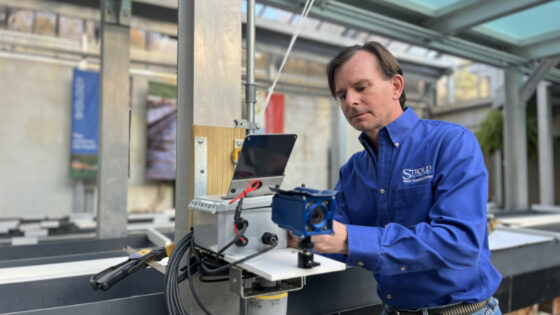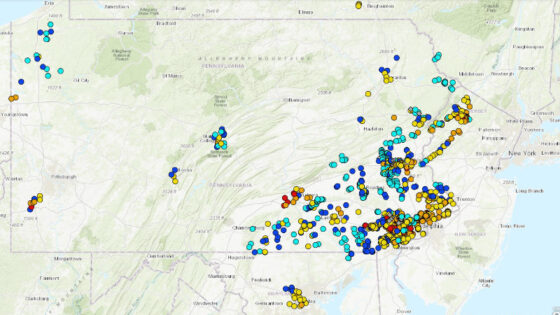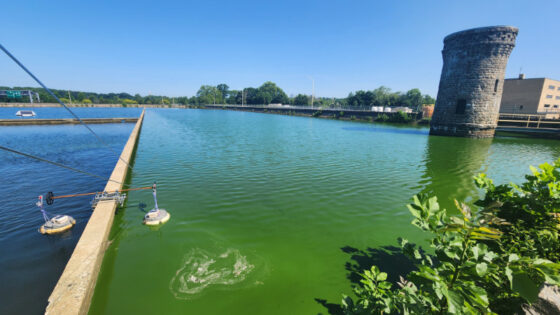FOR IMMEDIATE RELEASE: September 10, 2007
Pioneering the Science of Water for 40 Years
Avondale, Pa. – From the banks of the White Clay Creek to the world’s mightiest rivers, Stroud Water Research Center has contributed volumes to understanding the ecology of watersheds for the past 40 years.
On September 22, scientists, staff, educators, board members and friends of the Center will celebrate the achievements of the organization, gathering along the banks of the stream where they first began their work 40 years ago.
In the 40 years since Dr. Ruth Patrick and W. Dixon Stroud launched their research organization to study rivers and streams, Stroud Water Research Center has worked to discover ways to preserve, restore and protect freshwater for the planet. Among their key contributions:
- A 6-year study (2000-2006) of the New York City water supply and its reservoirs, which affects more than 8 million residents and more than 2,000 square miles of watershed both east and west of the Hudson River. The Stroud Water Research Center’s findings have given New York the opportunity to remediate problems and possibly avoid building an $8 billion water treatment facility.
- Amazon River studies that revealed the rate of carbon dioxide returning to the atmosphere is much greater and faster than scientists had previously thought possible. Additional work in Peru in the past year set a baseline for water quality data at the headwaters of the Amazon.
- Ongoing studies in Pennsylvania and other coal mining states to determine the long-term effects of abandoned mine drainage on freshwater streams.
- Efforts to plant “riparian buffer zones” along streams, especially in southeastern Pennsylvania. The Center’s research has shown the positive effects of tree planting in restoring and remediating freshwater stream health.
- The Leaf Pack Network educational program that has reached school-aged children around the globe.
The press is invited to attend the 40th anniversary celebration on Saturday, September 22, noon to 5 p.m. Individual interviews with Dr. Bernard Sweeney, Director of the Stroud Water Research Center, or any of the Center’s scientists and educators may be arranged.



